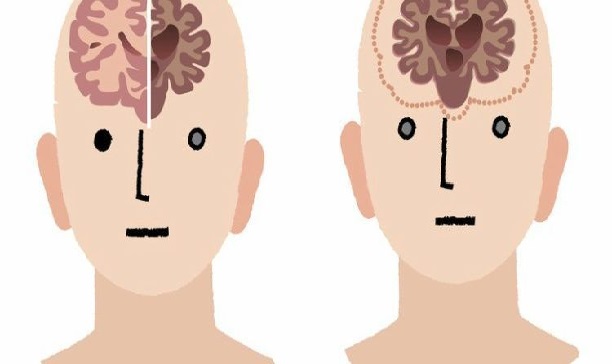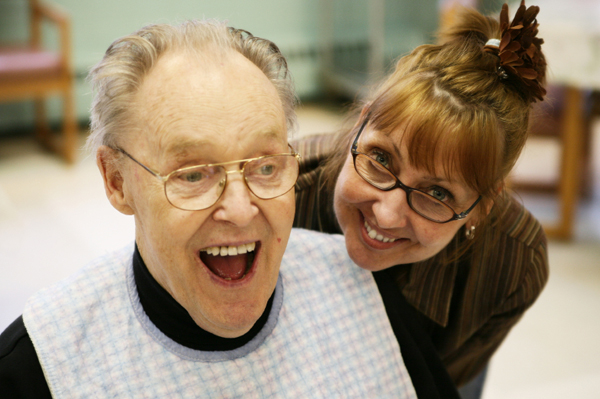When people think of dementia, memory loss is often the first thing they associate with the condition. Some of dementia’s less obvious signs are just as common but may be mistakenly dismissed for “old age” or something else.
However, the brain can be a tricky thing. The way mental changes manifest can differ from person to person, with behaviors that may not be characteristic to you or your loved one, but are characteristic of dementia.
So, how can you tell? Memory problems are just one hint, but like dementia’s many forms there are more. Here, we’ll outline four warnings to watch out for but watch the video below for details on seven early signs of the condition.
-
Clumsiness
Are you tripping over curbs or your own feet? Hand and eye coordination a bit off? Trips, falls, and other clumsy occurrences may actually be the result of early onset dementia. Issues with vision or space perception can cause someone to misjudge how they step or totally throw off their coordination.
-
Doesn’t Pick Up on Sarcasm
A study by researchers at the University of California, San Francisco found that degenerative brain diseases affected one’s ability to detect lies and sarcasm. They found a link when examining the MRI results of participants that showed deterioration. These folks had trouble determining whether someone was being sincere or insincere when it was obvious.
This could be a telltale clue that a person may have a form of dementia, and could lead to an earlier diagnosis.
-
Poor Judgement
A person showing early signs of Alzheimer’s or another form of dementia could find themselves in trouble on either side of the law. If it is out of character for your loved one to shoplift, fall prey to a scam, or behave inappropriately in social situations, then it’s possible these types of behaviors are part of changes in the brain and dementia.
-
Loss of Skills or Knowledge
This is a condition that affects how the brain processes information, so people may have trouble with writing, or recalling vocabulary words or grammar. Look out for word substitutions or confusion during conversations that is uncharacteristic or happening more frequently.
Also, forgetting how to do simple math or checkbook balancing could indicate a bigger issue. Problems with counting, subtraction, or addition are a sign that something could be off.
If you or someone you love is experiencing these symptoms along with memory loss or confusion, follow up with a medical provider. Early diagnosis is key!
Do you recognize any of these signs? Are you a caregiver for someone with dementia? What other early-stage dementia symptoms do you know of?
Source:ushealthport.com



